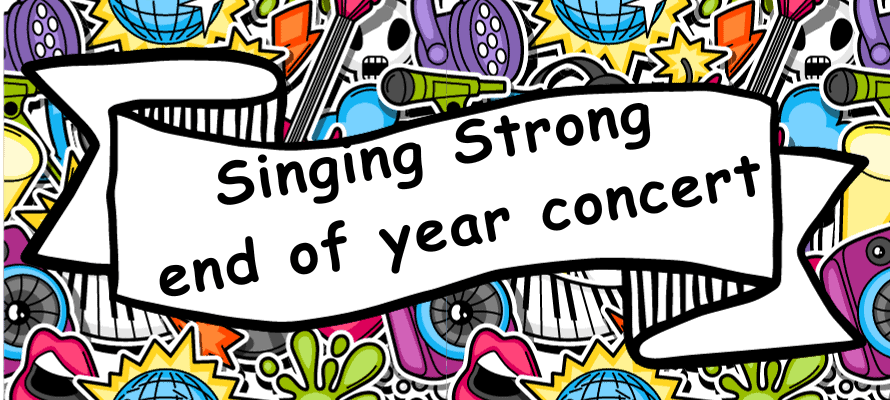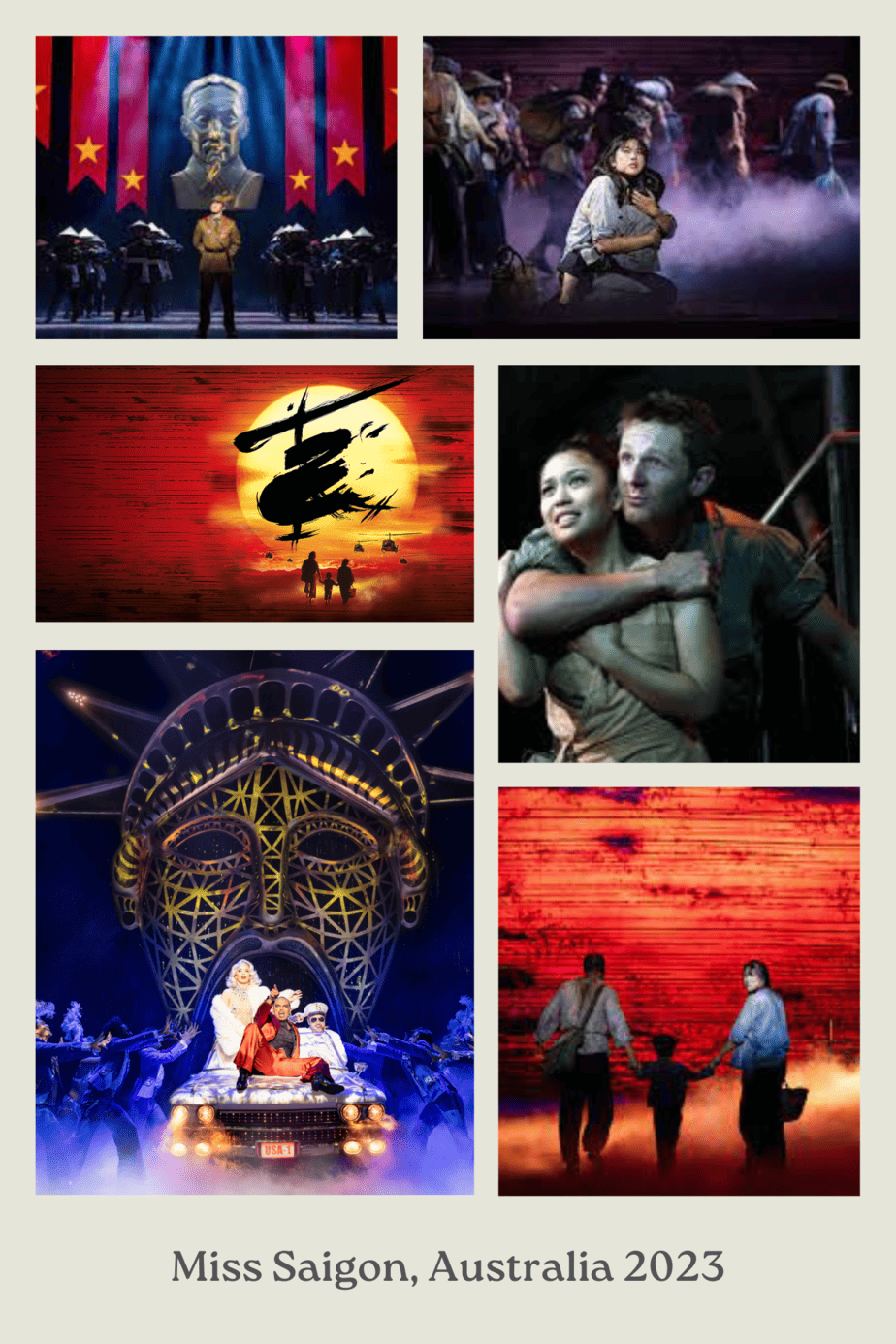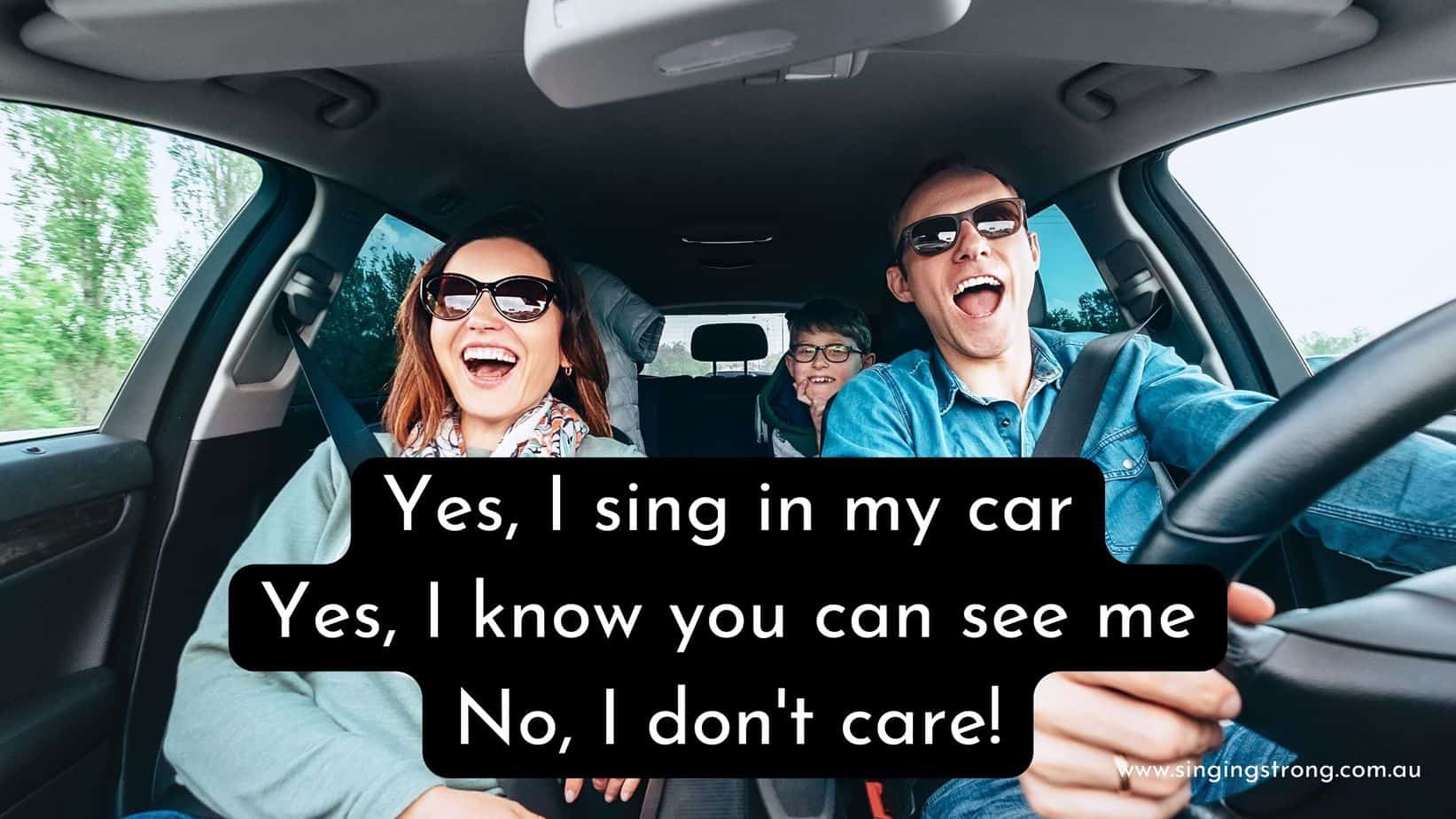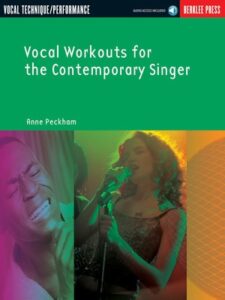Singing when unwell can be challenging, but there are ways to minimize strain and still perform effectively. Here are four tips to help you manage:
1. Stay Hydrated
- Drink Water: Keep your vocal cords well-lubricated by drinking plenty of water. Aim for room temperature or warm water, as cold water can constrict your vocal cords.
- Avoid Caffeine and Alcohol: These can dehydrate you and irritate your throat.
- Steam Inhalation: Inhale steam from hot water to soothe and hydrate your vocal cords. You can add a few drops of eucalyptus oil for added relief.
2. Warm Up Gently
- Gentle Warm-Ups: Do gentle vocal exercises to warm up your voice. Start with humming or lip trills to get your vocal cords moving without too much strain.
- Avoid High Notes: Refrain from singing high or loud notes during your warm-up. Focus on the comfortable part of your range to avoid further irritation.
3. Modify Your Technique
- Sing Softer: Reduce the volume to avoid putting too much pressure on your vocal cords. Use a microphone to help project your voice if needed.
- Focus on Breath Support: Use proper diaphragmatic breathing to support your voice and reduce strain on your throat.
- Articulation and Diction: Enunciate clearly to ensure your words are understood without having to push your voice.
4. Rest and Listen to Your Body
- Vocal Rest: Limit speaking and singing outside of necessary performances to give your voice a chance to heal.
- Listen to Your Body: Pay attention to how your voice feels. If you experience pain or significant discomfort, it’s best to rest entirely and seek medical advice if necessary.
- Avoid Whispering: Whispering can strain your voice more than speaking softly, so try to speak in a normal, quiet tone instead.
Taking these precautions can help you preserve your voice and reduce the risk of further damage when you’re not feeling your best.











